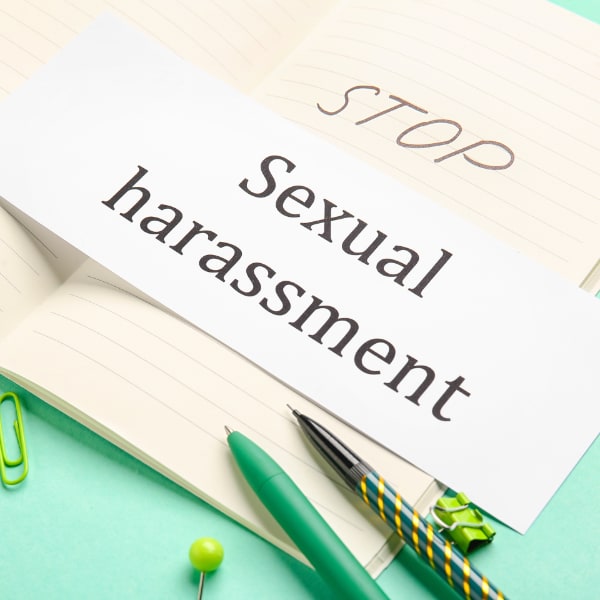
There is no legal obligation on an employer to provide a reference but if you always do so and then suddenly refuse one request you may face a claim for discrimination.
Your policy on references needs to be consistent and followed by all to avoid claims of discrimination.
If you decide to provide a reference, even if you just confirm period of employment and job title, there is a duty on you to take reasonable care towards both the subject and the recipient of the reference to ensure that the information contained in the reference is true, accurate and fair.
Hence where an employee has been dismissed for gross misconduct your failure to inform a prospective future employer of the dismissal could put your business at risk of a later claim is the same misconduct is repeated at the next employer. For this reason some employers do not give any reference where an employee has been dismissed.
All references given should include a clear disclaimer of responsibility (these only work if the information you give is accurate). Where it is your policy to only to provide short-form references (period of employment and job title only) you should state this in reference. In your policy you should also specify that references should only be given in writing and who in the organisation is responsible for giving references. This avoids issues with individuals giving unauthorised ‘personal’ references which may be perceived as coming from the business.
Some employers are tempted to give departing staff glowing references believing this reduces the risk of a later tribunal claim. It is true that the sooner a former employee finds a new job (perhaps assisted by a glowing reference) they may be less minded to bring a claim because their future loss is limited by their new salary. However, the downside of giving such a glowing reference, especially where the employee has been dismissed, is that the reference wording could contradict/be at odds with the reason for the dismissal (perhaps undermining your defence of a later claim where you dismissed for lack of capability) and could be produced as evidence against you in a later tribunal claim. Be wary of including comments on performance or sickness absence and always consider data protection issues before doing so.
If an inaccurate or misleading reference results in the individual subject of the reference suffering financial loss they may be able to bring a claim against you for defamation or negligent misstatement.
If you need advice on your approach to references or how to approach doing so following a dismissal or if have any questions in relation to the above, please contact David Greenhalgh on 020 3603 2177.
To read our other employer guides click here.
This page/article/blog is for reference purposes only. It does not constitute legal advice and should not be relied upon as such. Specific legal advice about your specific circumstances should always be sought separately before taking or deciding not to take any action.




